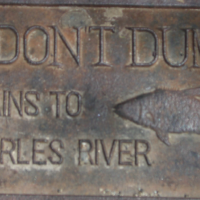

In the past decade, there has been a growing interest in how children reason about the nature of causality which suggests that children are capable of understanding complex causality to a greater extent than earlier research suggested. Yet paradoxically, students’ misconceptions in science have been linked to students’ difficulties reasoning about complex causal forms. This project considered what students are capable of learning over time in contexts designed to support learning about causal complexity. We researched student learning of three complex causal concepts that are important to many science concepts—distributed causality, probabilistic causality, and action at a distance. We then developed instructional techniques to help students learn these causal concepts. The curriculum modules are available here.


-
-
-
-
-
-
Support PZ's Reach